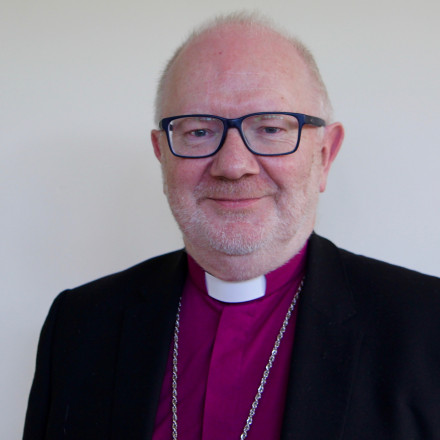Anglican-Orthodox Dialogue – a Continuing Adventure
WHILE the more personal focus in this essay is on the current international dialogue between the Anglican and Orthodox traditions, a preliminary excursion into the more distant past may also prove of value to provide some background. Although good relationships between Anglican and Orthodox Christians go back for centuries, we may usefully regard the middle of the nineteenth century as the beginning of the modern engagement between the two traditions, with the founding of the Eastern Church Association in Britain in 1864. The purpose of the society was, inter alia, to “inform Anglicans of the state and position of the Eastern Christians; to make the doctrines and principles of Anglicanism known in the East; and to take advantage of all opportunities which the providence of God shall afford us for intercommunion with the Orthodox Church.” By the early twentieth century there was, without doubt, a notably relaxed relationship between many of the Orthodox churches and a number of Anglican provinces. There were even instances of Orthodox bishops assisting at the consecration of Anglican bishops and, by 1922, the Ecumenical Patriarch declared that there was widespread (although not unanimous) acceptance among the Orthodox churches that Anglican orders were in fact valid. In practice, this made little difference to the everyday life of either of the traditions and since at least the 1940s, Anglican orders have not been generally recognised by the Orthodox churches. Anglican priests or bishops who join the Orthodox tradition are regarded de facto as lay people and are ordained anew into Orthodox orders. (It should be noted that the reverse is not the case, and Orthodox priests who become Anglican do not require Anglican ordination in order to function as clergy). The series of Anglican-Orthodox dialogues that continue to this day have their origins in a meeting between Archbishop Michael Ramsey of Canterbury and the Ecumenical Patriarch, Athenagoras I of Constantinople, in 1962. With the agreement of both traditions, a Joint Doctrinal Commission was set up and although the initial work of the commission was certainly energetic and upbeat, the effect on Orthodox sensitivities of the ordination of women in a number of Anglican provinces threatened the continuation of the dialogue in the late 1970s. These difficulties perhaps lowered some of the ambitions of a dialogue which had certainly been conceived initially as movement towards a full re- union of the traditions; but genuine friendship and mutual respect prevailed, and two very important documents were produced in the 1970s and 1980s - the ‘Moscow’ statement of 1976 and the ‘Dublin’ statement of 1984.
* Full article available in printed copies.

Richard Clarke
Was Archbishop of Armagh (2012 - 2000) and formerly Bishop of Meath and Kildare. He continues to research and write in retirement.